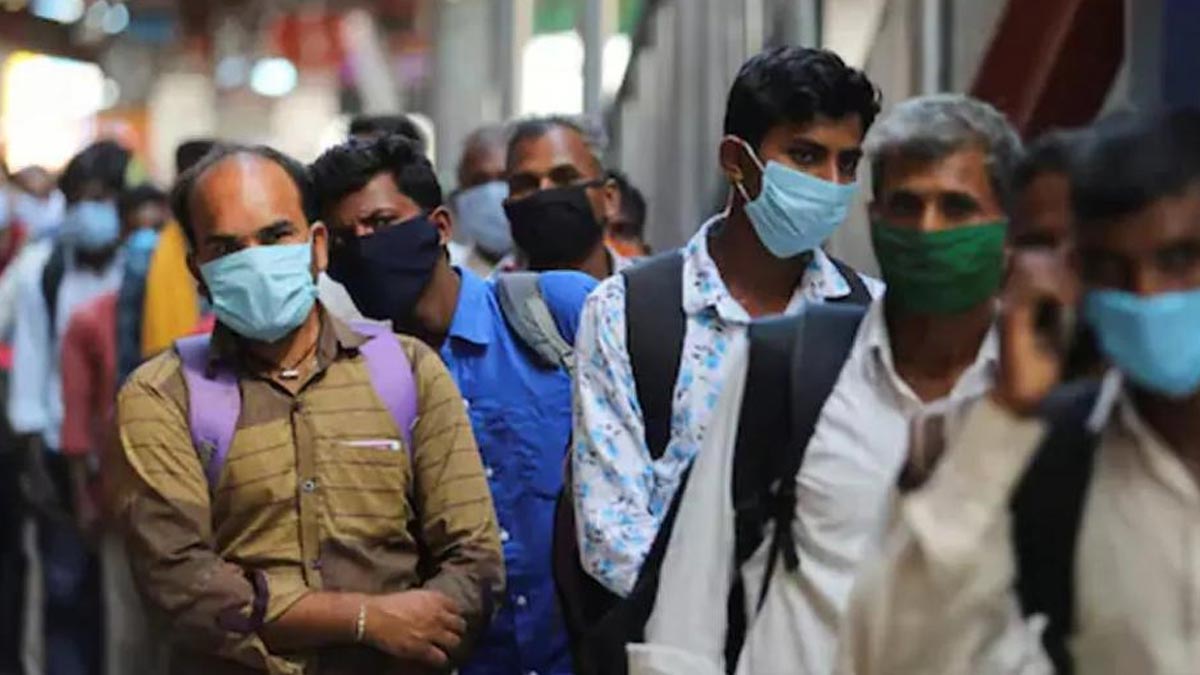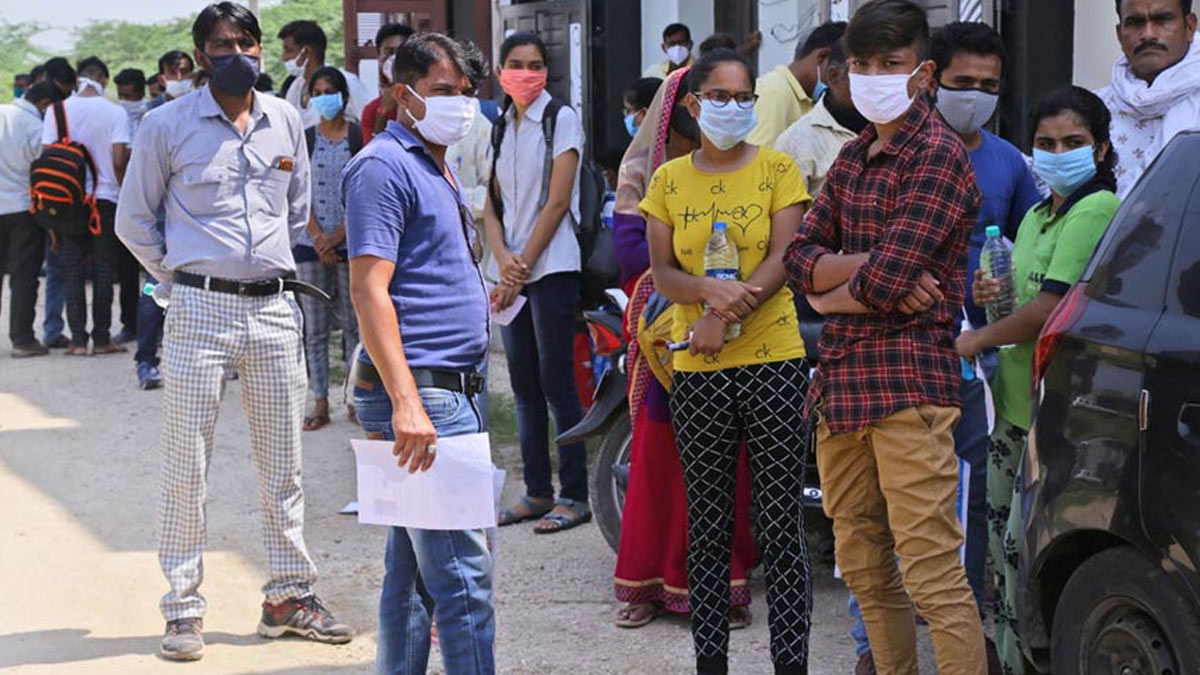
In recent days, Telangana has experienced a notable increase in upper respiratory tract infections (URIs), raising alarms about potential outbreaks of influenza, viral fevers, and pneumonia. The surge in cases has prompted the Directorate of Public Health (DPH) to issue urgent guidelines for healthcare professionals and the general public to curb the spread of these infections. This article explores the nature of URIs, their causes, and essential precautions to help you stay safe amid this health crisis.
Table of Content:-
Understanding Upper Respiratory Tract Infections
Upper respiratory tract infections, commonly referred to as URIs, encompass a range of illnesses affecting the nose, throat, and sinuses. These infections can be caused by various pathogens, including viruses and bacteria.
Bacterial Pathogens
- Streptococcus pyogenes: This bacterium is known for causing strep throat and can lead to serious complications like rheumatic fever if not treated properly.
- Haemophilus influenzae: Although more commonly linked with lower respiratory infections, it can also cause sinusitis and otitis media.
- Streptococcus pneumoniae: A frequent cause of bacterial sinusitis and otitis media, particularly in children.
- Moraxella catarrhalis: Often implicated in sinusitis, otitis media, and sometimes bronchitis, particularly in children.

Viral Pathogens
- Rhinoviruses: These are the leading culprits behind the common cold and are highly contagious. They spread through respiratory droplets, making them easily transmitted in crowded places.
- Coronaviruses: Known globally for causing COVID-19, some coronaviruses also lead to milder URIs similar to colds.
- Respiratory Syncytial Virus (RSV): Predominantly affecting young children, RSV can cause bronchiolitis and pneumonia, in addition to milder respiratory symptoms.
- Influenza Viruses: While commonly associated with lower respiratory infections, influenza viruses can also manifest as upper respiratory symptoms, especially during seasonal outbreaks.
Contributing Factors to URIs
Several factors contribute to the rise in URIs. Experts highlight that lifestyle choices such as poor diet, inadequate sleep, high stress levels, and lack of physical activity can significantly increase susceptibility to infections. Additionally, indoor air pollution from incense sticks, camphor, or mosquito repellents can exacerbate respiratory issues.
Also Read: Chandipura Virus Outbreak In India Largest In 20 Years, Says WHO
Essential Precautions to Take
To protect yourself and others from URIs, follow these practical tips:
Maintain Proper Hand Hygiene
Frequent handwashing with soap and water is crucial. If soap is not available, use hand sanitizers containing at least 60% alcohol. Cover your mouth and nose with a tissue or your elbow when sneezing or coughing to prevent the spread of germs.
Stay Hydrated
Proper hydration supports overall health and helps keep mucous membranes moist, which is vital for preventing infections.
Use Air Purifiers
Installing air purifiers can help reduce indoor air pollutants and allergens that may aggravate respiratory conditions.
Also Read: Maharashtra Reports 70% Increase in H1N1 Cases and 30 Deaths in 2024
Get Vaccinated
Receiving a flu vaccine annually can reduce the risk of influenza and its complications. Consult your healthcare provider about other relevant vaccines based on your health history and current health status.
Avoid Smoking and Alcohol
Both smoking and excessive alcohol consumption can impair immune function and exacerbate respiratory issues. Avoid these to maintain optimal health.
Bottomline
The recent surge in upper respiratory infections in Telangana underscores the importance of taking preventive measures to protect oneself and the community. By adhering to good hygiene practices, staying informed about seasonal health risks, and seeking timely medical care, you can significantly reduce your risk of falling ill. Stay vigilant, follow health advisories, and take proactive steps to safeguard your health during this challenging period.
Also watch this video
How we keep this article up to date:
We work with experts and keep a close eye on the latest in health and wellness. Whenever there is a new research or helpful information, we update our articles with accurate and useful advice.
Current Version